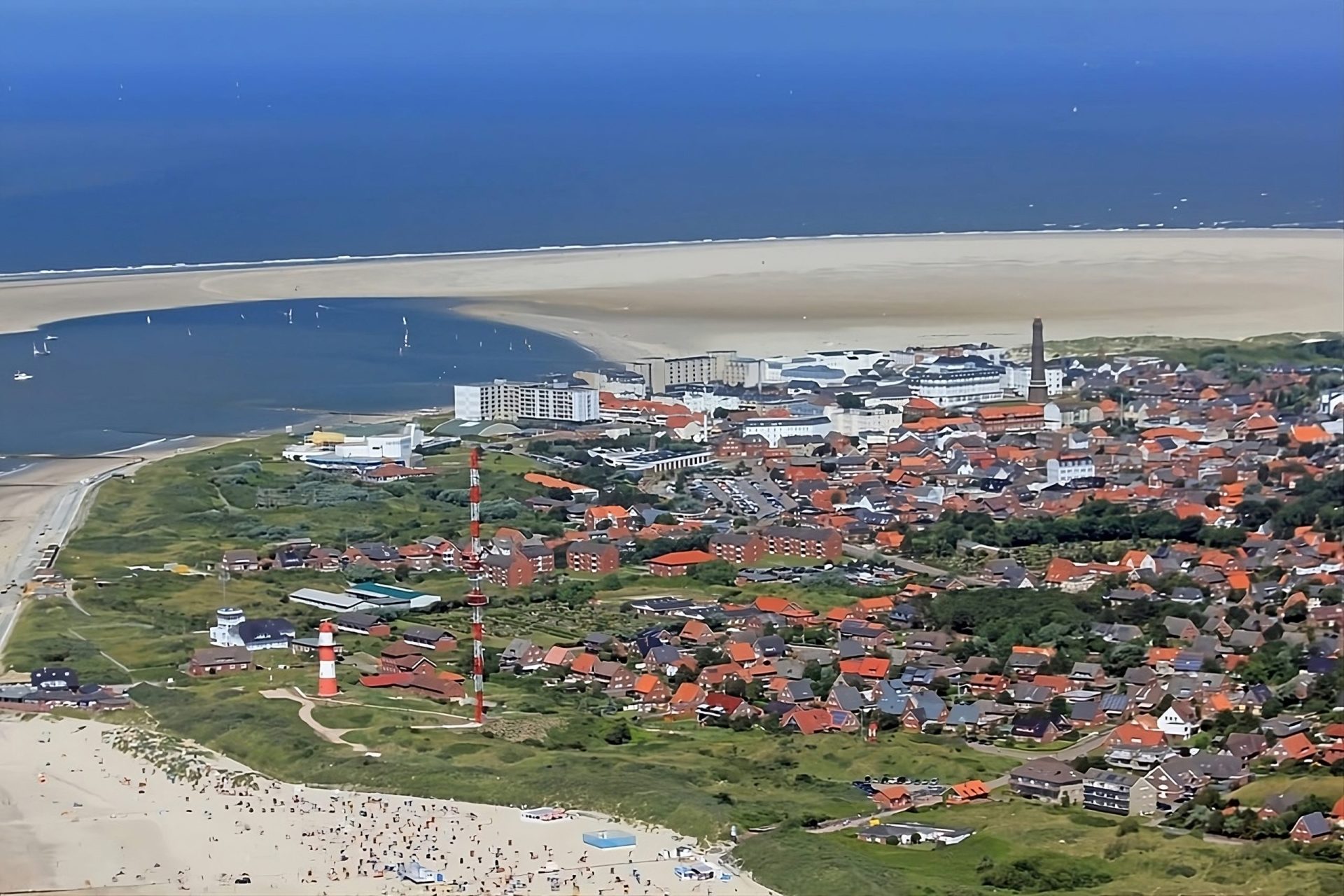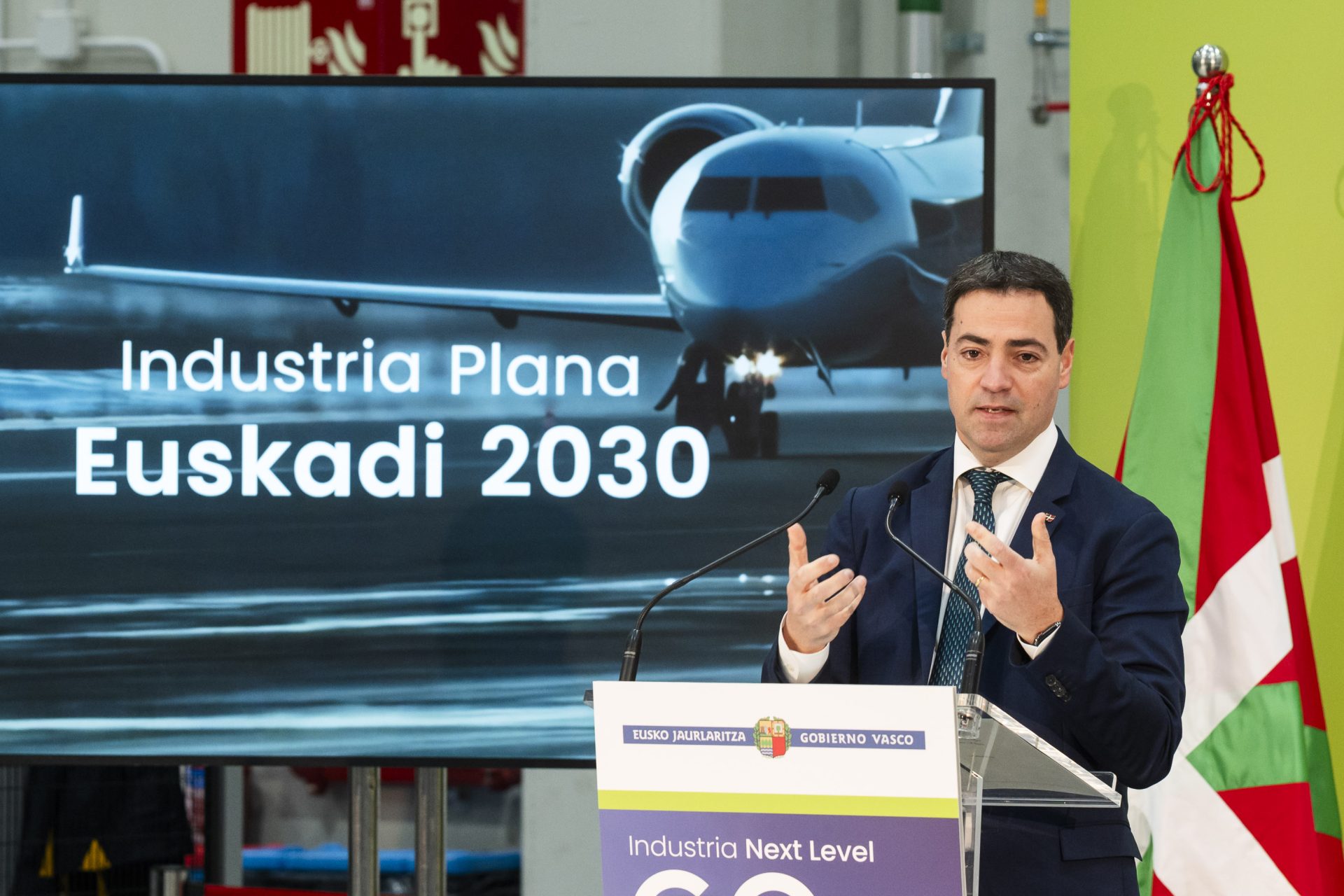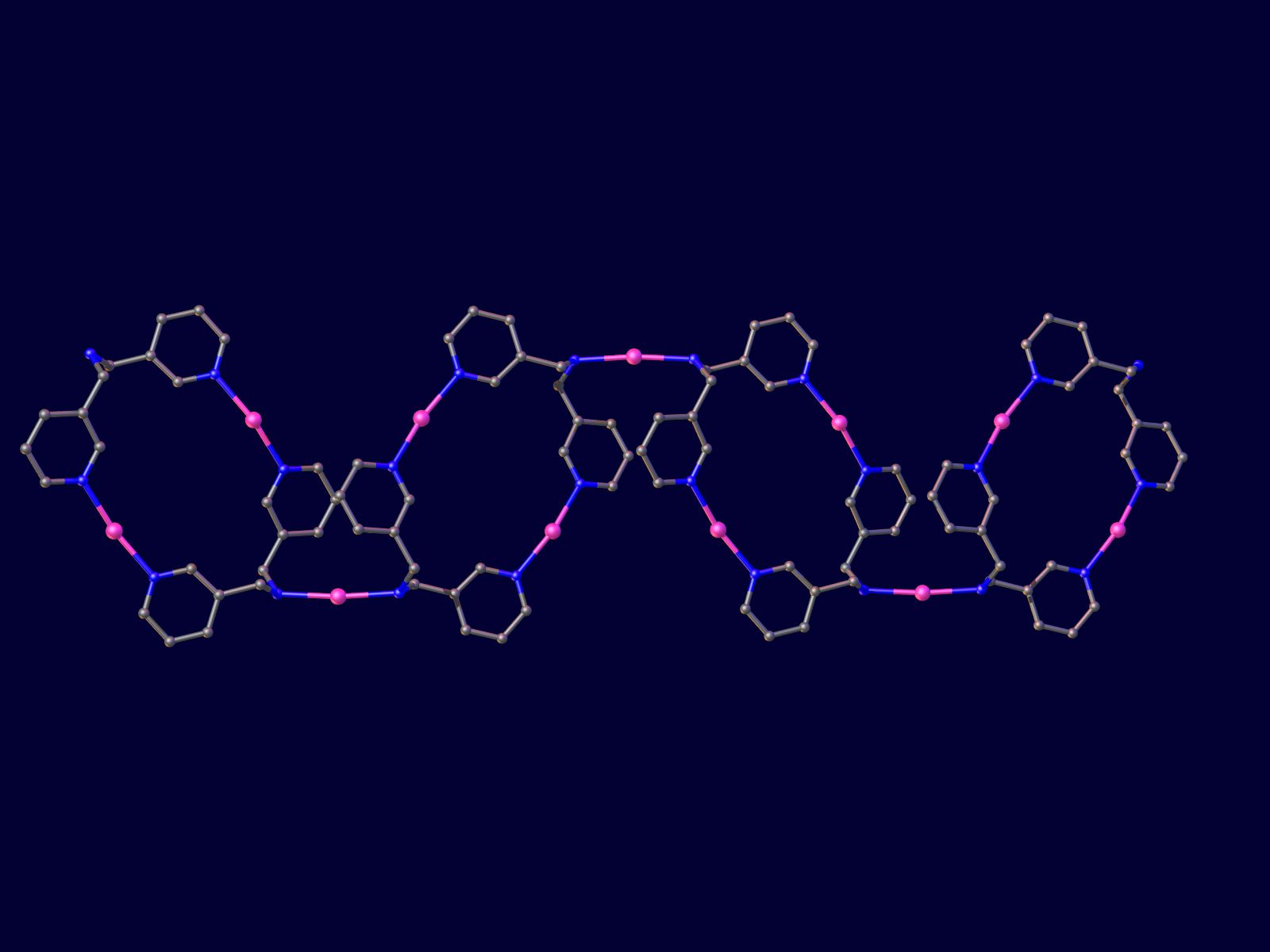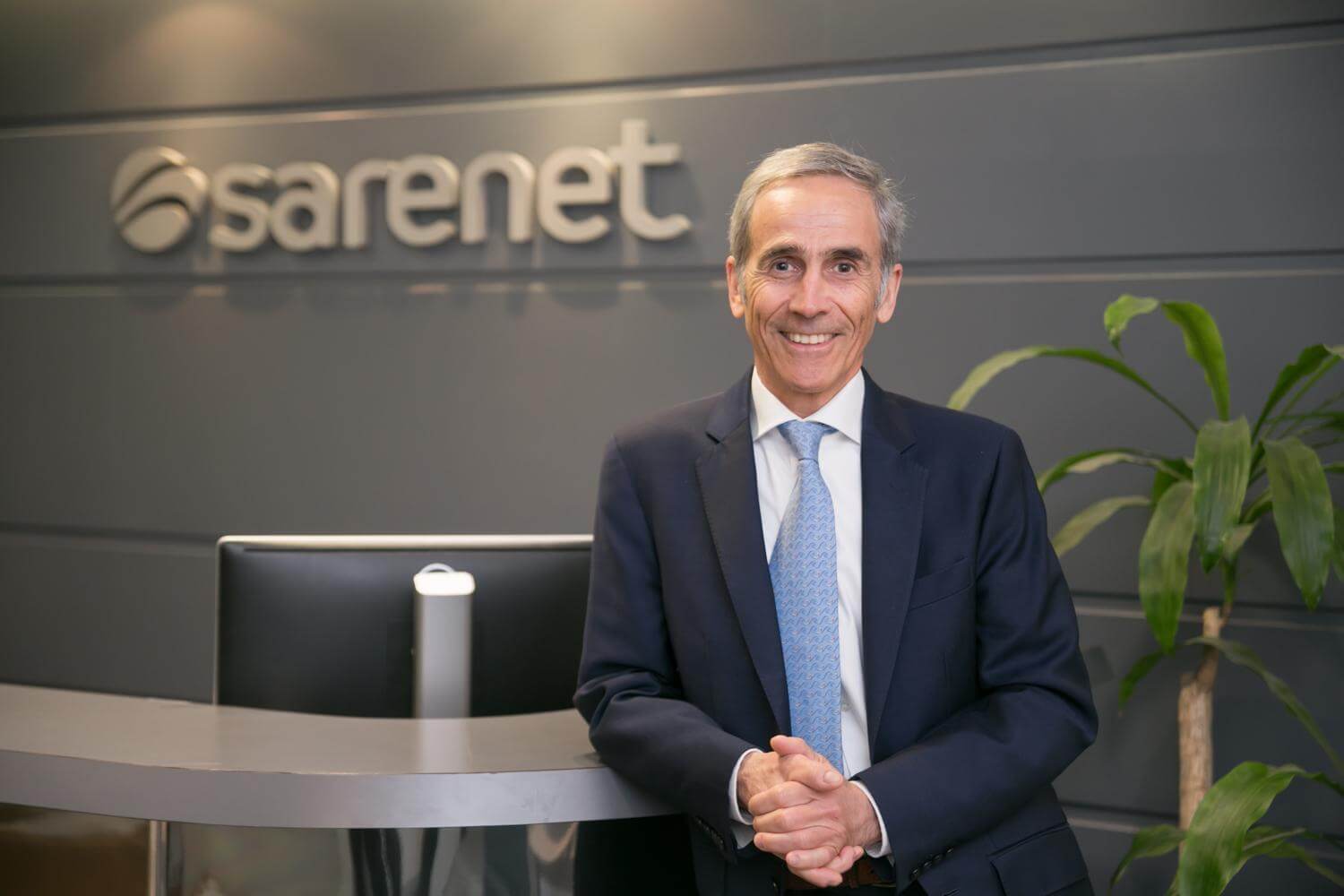Ayesa drives the decarbonisation of European islands through smart energy management

It is leading the Islander project to create an IT platform to combine renewable energy production with storage technologies.
Ayesa, a global provider of technology and engineering services, is leading the European Islander project, which aims to make the islands of the future green, digital, sustainable and smart. With a budget of eight million euros, it will conclude next year with the participation of seven European countries represented by eleven organisations.
The EU’s islands are home to 16 million people, or around 4% of the population. But they are also one of the EU’s favourite tourist destinations. The problem is that most of them depend on fossil fuels for electricity production, transport and heating.
For this reason, the EU is funding innovation projects such as Islander, whose main objective is to advance the decarbonisation of the islands by increasing the penetration of renewable energies and intelligent energy management. To this end, Ayesa will implement a technological platform for the management of smart grids, which combine renewable energy production with storage technologies.
A pilot test has already begun on the German island of Borkum, which aims to be carbon-free by 2030, although the system will initially be replicated on four other islands with other geographical and climatic characteristics. In addition, an innovative seawater heating system is being tested to provide heat in winter and cooling in summer for a new building with 100 residential units.
New demand response services are also being offered, which feed the autoproducers through the installation of hydrogen storage systems and photovoltaic infrastructures and lithium batteries for 30 homes and 3 buildings. All of them are connected to Ayesa’s IT platform.
Likewise, electromobility is a fundamental element in achieving the decarbonisation of the island. Thus, bi-directional electric vehicle charging stations have been installed (with charge/discharge capacity). These points are integrated with the rest of the infrastructure. In this way, the vehicles are transformed into mobile energy stores that can be combined with the rest of the assets to offer different energy services to both the grid and users.
Added value
Islander is the continuation of a previous Horizon 2020 project, called Netfficient, which marked a before and after in smart distributed energy asset management platforms, developed by Ayesa and called Gridpilot.
This aggregates the energy of the different producers and automatically and intelligently decides when to store, consume or sell the electricity. It does so in a controlled and secure manner – a necessary condition for operating in the market – thanks to artificial intelligence and the internet of things (IoT).
In this sense, artificial intelligence technologies play a major role in the development of sizing tools for renewable infrastructures and energy storage, as well as in the automatic operation of all these assets as a whole. Ayesa combines machine learning algorithms for forecasting energy generation, prices and consumption, with mathematical modelling and new optimisation algorithms, such as stochastic algorithms, with distributed technologies.
Equally, the acquisition, storage and use of data with good quality and fast response is extremely important. Gridpilot technology maximises the scalability and integration of artificial intelligence technologies. It is also working on the efficient representation of massive data to increase the knowledge of end-users.
The project makes use of different renewable generation (photovoltaic, wind, marine thermal, etc.) and storage (lithium-ion batteries, hydrogen, etc.) technologies together with a software platform (Gridpilot®) that is in charge of governing, orchestrating and monitoring all the generation and storage devices.
In addition, V2G (Vehicle to Grid) chargers are also used, as well as mobile applications, with which the island’s inhabitants can proactively manage their demand, such as the reservation of electric vehicle charging posts, which also allows their charging to be monitored.




